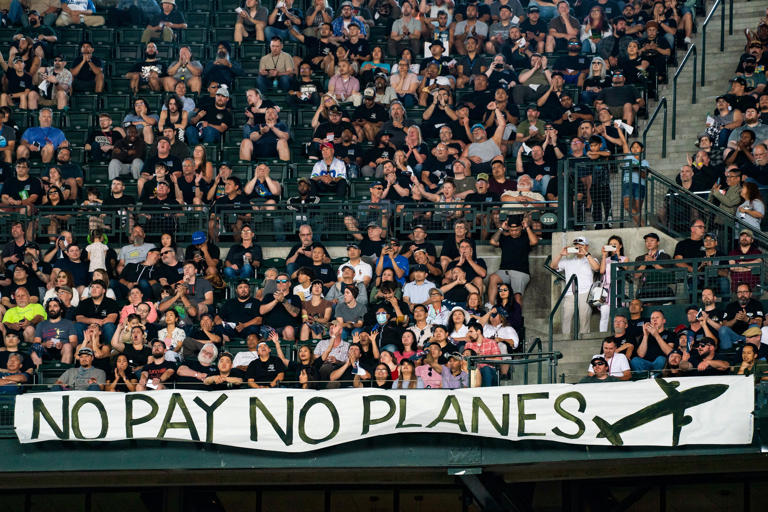Boeing’s largest employee union, the International Association of Machinists and Aerospace Workers District 751, voted overwhelmingly on Wednesday to authorize a strike, increasing pressure on the company to address demands for higher wages and improved working conditions. The vote, passing with nearly 99.9% approval, signals the union’s readiness to take action if negotiations fail to yield satisfactory results before the current agreement expires on September 12.
The union’s move adds another layer of uncertainty to Boeing’s operations as the company attempts to recover from a series of crises that have tarnished its reputation over the past year. Jon Holden, president of IAM District 751, emphasized the union’s determination to secure the best aerospace contract for its members, stating, “We don’t want to strike — but we’re ready and willing to do so to bring home the best aerospace contract our members have ever seen. There is no Boeing without us, and we have what it takes to build this company back to the level it was.”
Negotiations between Boeing and the union, which represents 32,000 members, began in March. A strike, if it occurs, would require another membership vote closer to the contract’s expiration date. The union’s demands include a significant pay increase of more than 40% and the reinstatement of a traditional pension program that was eliminated in 2014. One of the union’s top priorities is ensuring that Boeing’s next new airplane is built in Washington state, amid concerns about the company’s past threats to move production to other states to gain concessions from union members.
Boeing has been dealing with multiple investigations and controversies over safety and manufacturing integrity throughout the year. Notably, a 737 Max operated by Alaska Airlines experienced a midair door panel blowout in January, and this month, Boeing agreed to plead guilty to a charge of conspiracy to defraud the government over crashes of 737 Max jets in Indonesia in 2018 and Ethiopia in 2019 that killed 346 people. These issues have compounded Boeing’s challenges and heightened the stakes of the current labor negotiations.
The union’s position is bolstered by recent victories in the aviation industry. Last summer, American Airlines pilots secured a 46% raise, and Southwest Airlines flight attendants approved a deal granting them a more than 20% raise. Additionally, IAM members at Spirit AeroSystems, a key supplier recently reacquired by Boeing, achieved a 23.5% pay raise and other concessions after a six-day walkout. These outcomes have set a precedent and heightened expectations among IAM members at Boeing.
According to Stewart Glickman, deputy director of equity research at CFRA, Boeing faces two possible paths: it can either agree to the union’s demands to avoid a strike, which would increase financial strain, or it can take a hardline approach, risking a strike and further disruption to production. A strike by machinists would significantly impact Boeing’s ability to meet production targets, particularly for the 737 Max and 777 aircraft, potentially causing substantial financial losses similar to those experienced during the 2008 strike, which resulted in over $2 billion in lost profits.
Richard Aboulafia, managing director at AeroDynamic Advisory, noted that Boeing’s labor negotiations could further erode its credibility if not handled properly. He stressed the importance of reaching a fair agreement to maintain trust with customers, regulators, suppliers, and the broader industry.
The last major contract negotiation between Boeing and the union in 2008 ended with a two-month strike. Subsequent negotiations in 2011 and 2013 led to concessions from union members in exchange for keeping airplane production in Washington. Boeing expressed confidence in reaching a balanced deal that meets the needs of both employees and the company, with Stephanie Pope, head of Boeing’s commercial airplanes, highlighting the constructive nature of recent meetings.
The union has demonstrated its resolve through rallies and other actions, including a large pre-vote rally at T-Mobile Park in Seattle. Holden emphasized the importance of leveraging the existing infrastructure in Washington for future airplane production, citing the established supply chain, higher education institutions, and technical colleges that support the aerospace industry.
The outcome of these negotiations will be critical for Boeing as it navigates its recovery and seeks to stabilize its operations amid ongoing challenges and heightened labor demands.
